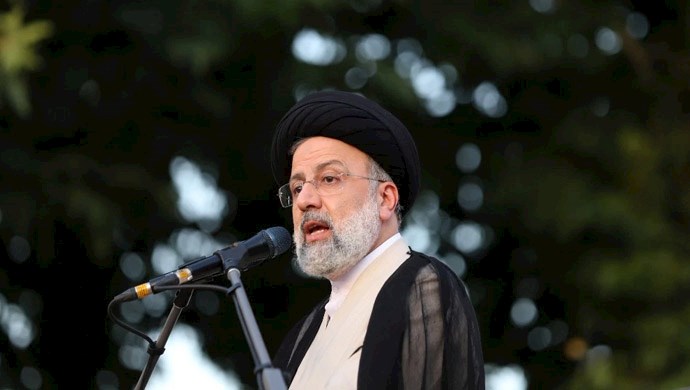Analysis by PMOI/MEK
Iran, June 21, 2021—The presidency of Ebrahim Raisi has drawn reactions at both end of the spectrum. On the one hand, criminals such as Syrian dictator Bashar Al-Assad, former Iraqi prime minister Nouri Al-Maliki, and Hezbollah leader Hassan Nasrollah congratulated Raisi on becoming the Iranian regime’s president.
On the other hand, the international community has voiced concern over the appointment of a mass murderer as the president of Iran. In a statement on Saturday, Amnesty International’s Secretary General Agnès Callamard said, “That Ebrahim Raisi has risen to the presidency instead of being investigated for the crimes against humanity of murder, enforced disappearance and torture, is a grim reminder that impunity reigns supreme in Iran.”
Callamard reiterated that Raisi played a key role in the 1988 massacre of political prisoners and, as the head of judiciary before his presidency, he has “presided over a spiralling crackdown on human rights.”
Callamard called for Raisi “to be investigated for his involvement in past and ongoing crimes under international law.”
Bärbel Kofler, the human rights commissioner in the German government, tweeted, “It is concerning that the elected president has until now not clarified his own past or distanced himself clearly from human rights abuses. Human rights are non-negotiable, and Iran has committed itself internationally to adhering to them.”
Kofler added, “The voice of the people in Iran who are calling for freedom and human rights must be heard!”
And many major media outlets ran reports about Raisi’s role in the execution of political prisoners in 1988. The issue of the executions first came to light in 2016, when the Iranian Resistance launched a campaign to document this crime against humanity and to try its perpetrators. Through efforts and much risk, the People’s Mojahedin Organization of Iran (PMOI/MEK) gathered many documents about the deaths and the burial locations of the victims of the 1988 massacre. Eyewitnesses, survivors, and families of the victims of the 1988 massacre submitted reports and accounts of their experience.
Raisi was identified as one of the key members of the “death commission,” a group of officials who summoned the prisoners and sentenced them to death in minutes-long trials.
In 2018, Amnesty International published a comprehensive report about the 1988 massacre. In 2020, seven Special Rapporteurs of the United Nations published a letter in which they called for investigation into the 1988 massacre. In 2019, the U.S. government blacklisted Raisi and other Iranian officials who were involved in the crime. The European Union has also imposed sanctions on Raisi for his human rights violations.
World powers are now faced with a dilemma. They are negotiating with a regime whose new president is on their blacklists and is notoriously renowned across the world for his human rights abuses. Anyone sitting at the negotiation table with them will be directly representing him. There is no longer a façade of “moderate” figures to hide behind and justify concessions to the regime. They will have to decide whether they will live up to their own values or continue to deny the regime’s murderous nature for the sake of their political and economic interests.





